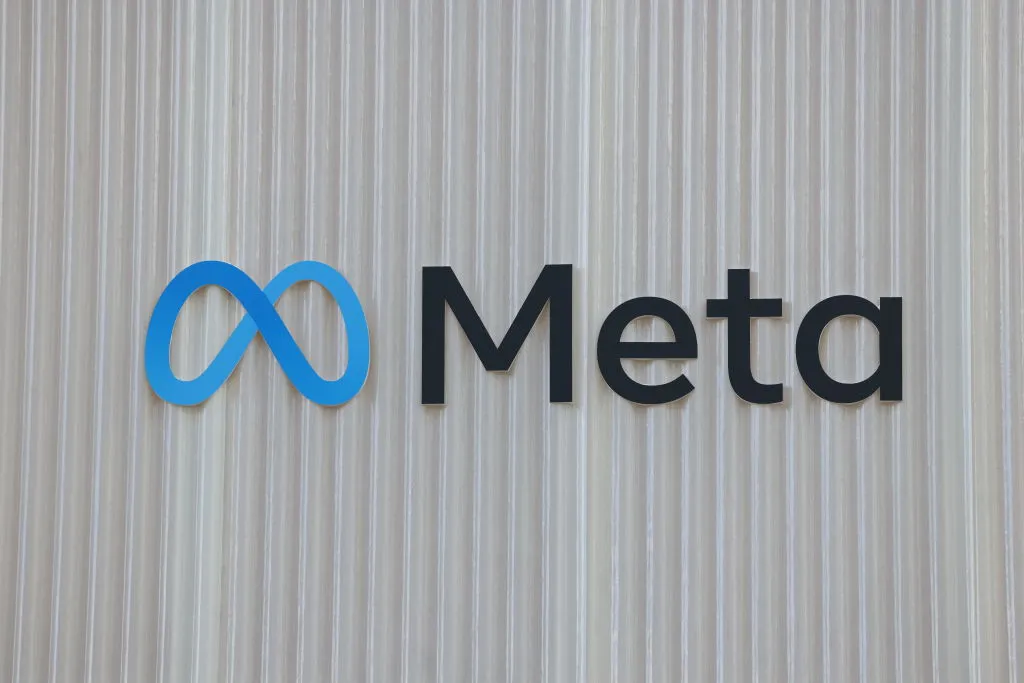Meta Plans to Enter the Electricity Trading Market

Image Credits:Hollie Adams/Bloomberg / Getty Images
Meta Ventures into Power Trading to Meet Growing Energy Demands
Meta, the tech giant formerly known as Facebook, is taking significant steps to address its escalating energy requirements by venturing into the electricity trading market. This strategic move aims to accelerate the construction of new power plants necessary for its data centers. According to a report by Bloomberg, both Meta and Microsoft are seeking federal approval to engage in power trading, following Apple’s successful acquisition of similar authorization.
Why Power Trading?
The primary motivation behind this initiative is to secure long-term commitments for purchasing electricity from new power plants. By entering the electricity market, Meta seeks to mitigate risks associated with energy procurement, allowing for the possibility to resell excess power in wholesale markets. This evolving approach not only enhances operational flexibility but also supports the expansion of renewable energy sources that are crucial for sustainable development.
Insights from Meta’s Leadership
Urvi Parekh, Meta’s head of global energy, shared her insights on this initiative with Bloomberg. She emphasized the importance of ensuring that power plant developers are confident in the willingness of major consumers, like Meta, to invest in the energy market. “Developers want to know that consumers are willing to put skin in the game,” Parekh stated, highlighting the need for active involvement to speed up the expansion of energy resources.
Furthermore, she pointed out that without Meta’s proactive stance on increasing the power supply, the expansion necessary to meet demand is unlikely to happen at the required pace. Her comments underscore the broader responsibility that major tech companies have in addressing the energy challenges they contribute to through their operations.
The Impending Energy Shortage
The urgency for such measures is accentuated by the expansive energy needs of large tech companies, particularly as they roll out ambitious AI and data center projects. Bloomberg noted that Meta’s Louisiana data center campus alone will require the construction of at least three new gas-powered plants to meet its energy demands. This example illustrates the high stakes tied to the future of technology and its reliance on robust energy infrastructures.
The Role of Federal Approval
Federal approval plays a crucial role in enabling companies like Meta and Microsoft to engage in power trading safely and effectively. This regulatory framework is essential for creating a stable environment where various stakeholders, including power producers and consumers, can negotiate and transact confidently. Approval processes ensure that energy trading operations align with national energy policies and environmental standards.
Advantages of Power Trading
Engaging in power trading provides several advantages for Meta and similar companies:
-
Long-Term Energy Security: By committing to purchase electricity from new plants, Meta can secure a stable energy supply for its data centers without the risk of price volatility in the market.
-
Risk Mitigation: The ability to resell power on wholesale markets allows Meta to minimize financial risks and adapt to changing energy demands efficiently.
-
Sustainability Efforts: Participating in the electricity market can encourage the development of renewable energy projects, aligning with global sustainability goals. Companies like Meta can play a significant role in promoting green energy sources.
-
Transparency and Trust: By actively participating in power markets, Meta can foster a sense of trust and transparency among energy providers, developers, and consumers, ultimately benefiting the entire energy ecosystem.
The Future of Energy in Technology
As technology continues to evolve and expand, so too does its energy consumption. For companies like Meta, grappling with unprecedented energy demands requires innovative solutions. Electricity trading is just one approach in a broader strategy that may also include investing in renewable energy projects, improving energy efficiency, and actively participating in policy discussions.
The rapid growth of artificial intelligence and data centers necessitates that tech companies take more responsibility for their energy usage. This proactive approach, as demonstrated by Meta and its peers, can lead to more sustainable practices within the industry and contribute to a healthier planet.
Conclusion
Meta’s entry into electricity trading is a pivotal development in addressing the energy challenges facing modern tech companies. Through securing federal approval to trade power, it aims to forge long-term energy partnerships while minimizing risks. The insights provided by Urvi Parekh reveal a commitment to proactive involvement in the energy sector, ensuring that Meta not only meets its ambitious data center energy needs but also contributes to a more sustainable future.
As the tech landscape rapidly evolves, engaging in energy trading could set a precedent for other companies to follow, helping to create a resilient and sustainable energy infrastructure fit for the demands of tomorrow. The path that Meta is charting may inspire broader industry actions, ultimately affecting how technology intersects with energy consumption globally.
In the face of rapid technological advancement, this strategic pivot could well be a necessary dueling force in ensuring that the energy supply keeps pace with the insatiable demands of the digital age.
Thanks for reading. Please let us know your thoughts and ideas in the comment section down below.
Source link
#Meta #electricity #trading #business





